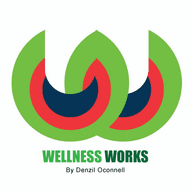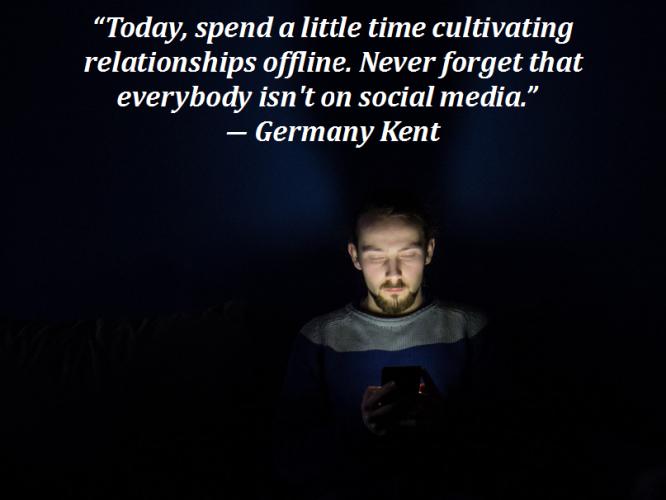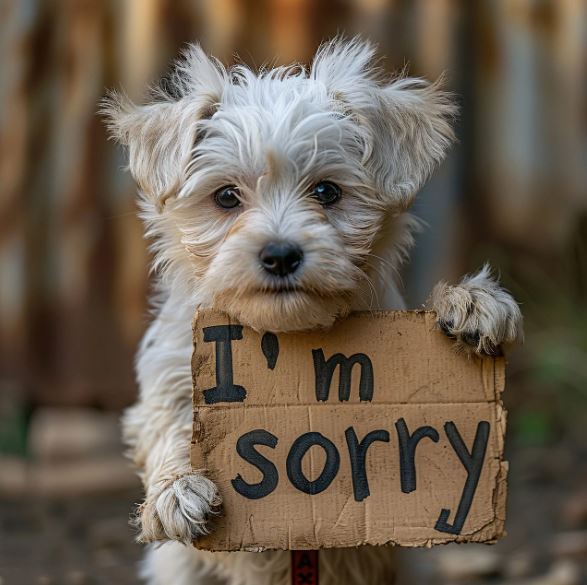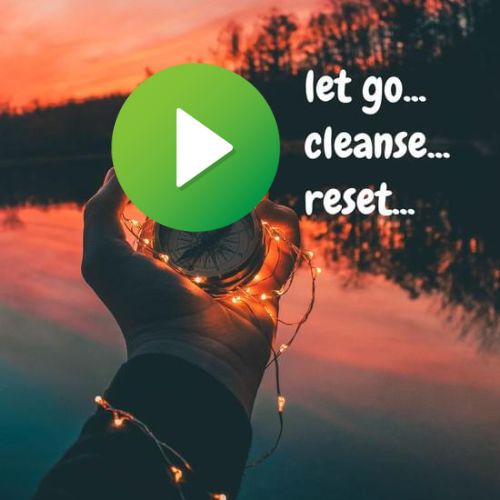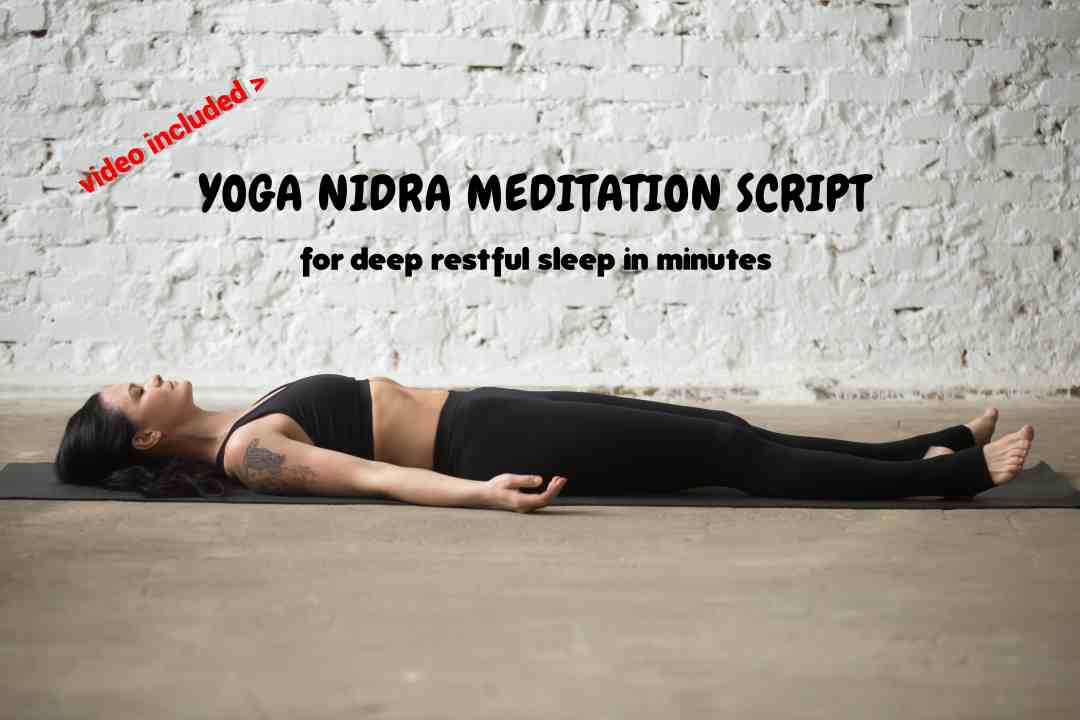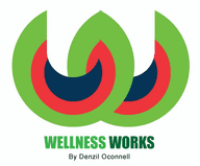The Social Media Addiction bug has not only bitten the millennial but also people of all age. Social Media was created by us for the purpose of building relationships, networks, and businesses It is here to improve our lives, to spread awareness and knowledge to everyone around the globe. Having said that, there are mixed views on Social Media being diagnosed as an “addiction”.
The American Psychiatric Society – doesn’t think that Social Media Addiction is a mental disorder. Therefore most internet addiction rehab programs are not covered by the governments health insurance.
Addiction is defined as “chronic disease of brain reward, motivation, memory and related circuitry…characterized by the inability to consistently abstain, impairment in behavioral control, craving.” Moreover, the addiction continues even though it causes shut down of relationships, health and destroys economic conditions.
“While excessive time on the internet and social media has been correlated with depression and even suicide, causation has not been established.” There are many advantages to social media for all of us. However, too much of something good can be harmful as well.

“Don’t use Social Media to impress people; use it to impact people.” – Dave Willis
Defining SOCIAL Networking ADDICTION
Addiction refers to any kind of compulsive behavior involving negative effects. Mostly in addictions, you feel compelled to do any certain activity to such an extent that it ends up becoming harmful. The activity often comes in between other activities that are on priority. It could be simple activities that get ignored or delayed like – sending an email, answering the phone call or school work. Thus, we can say – a Social Media Addict could be someone who uses excess of Social Media. For instance constantly checking Instagram or Facebook notifications. Stalking people on their profiles for innumerable hours are signs of Social Media Addiction.
There is a very thin line between liking something or becoming dependent on the activity to turn into a harmful addiction. It is extremely difficult to define what is addiction and what is not.
Chicago University researchers concluded: “Social media Addiction can be stronger than addiction to cigarettes and booze.” In an experiment for several weeks they recorded the cravings of Social Media of people over 100 in numbers. They found these cravings were much higher than that of alcohol or cigarettes.
In an interesting test conducted at Harvard University on people’s brains while they “talked about themselves” on Social Media Platforms by the use of MRI machines. “They found that self-disclosure communication stimulates the brain’s pleasure centers much as sex and food do.”
Clinical studies have observed spending too much time online to effect people with symptoms of depression, anxiety and psychological disorders. However, there was no evidence to prove Social Media or Internet as the cause.
How does Social Media Usage – make you feel?
Instant Gratification –
Social media gives us that gratification we need when no one else does. Posting a picture or content on Instagram gives likes, comments, and followers that we secretly desire for. We crave for that attention to be loved, liked and recognized.
Incomplete Gratification –
After posting something on social media, we sit like hawks waiting for notifications to pop us to see how we fair. Our expectations on these posts touch the sky. The moment we don’t receive what we expect, we start feel low. We tend to go back and forth and post more things for which our mind wants gratification or acknowledgment for.
Unpredictable Anticipation –
The moment the phone starts buzzing with notifications, your dopamine levels are on a rise. You feel hooked on to social media and constantly look for ways to stay on it for hours and hours.
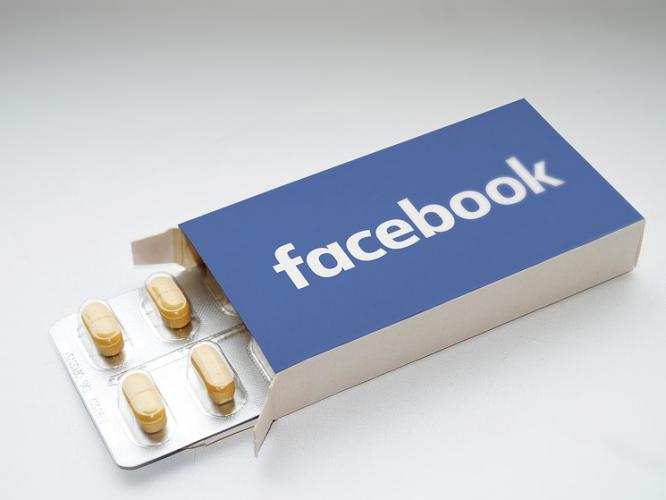
Reasons for – Social Media Detox
Before you know it, you are hooked on to social media for the good. Social media addiction may ruin our sleep cycle, increase headache rates, increase in number of people with eye sight problems, low self-esteem and confidence and lack of social life. These are all signs of social media addiction and they affect your health, physical, mental, emotional and social.
For example, you wake up at the sound of the notification alert middle of the night for ‘fear of not losing out’. When you get bored in a social gathering rather than using your social interacting powers you start to scroll through ‘social media for poor entertainment’. Sitting on the pot in the morning , rather than thinking what is the plan for the day, you look through your ‘phone to pass time.’
You start comparing yourself with what others are doing. You start striving to outdo others and sometimes even your own self. This kind of ‘unhealthy competitiveness’ causes depression and anxiety. A mental health break is the best solution to get away from this syndrome.
Posting every incident in your life through the lens – makes you experience lower quality experiences. Rather than living in the present moment it results in experiencing less memorable virtual moments. Moreover, when you shift from living out of the internet space – you gain time to the extent of 2-3 hours a day. You pursue constructive activities benefiting your mental and physical health.
Thus, social media detox is able to rewire your brain and helps you start afresh.
What is Social Networking Addiction?
How To Cleanse Yourself From Social Media Addiction – Psychologically?
Dr. Cal Newport on his Ted Talk emphasized on why you should quit social media. He pointed out one of the comparisons to social media addiction as being hooked on to slot machines. You’re anticipating getting likes and you win out of it. You go back in thinking; I’ll get the reward next time and you just sit around waiting for a notification to come around so you can go back. Dr. Cal Newport also says that quitting social media isn’t a bad thing after all. It has many positives to it. Social Media is a mental game of seeking attention and validation.
Click here for Full Video Ted Talk of Dr. Cal Newport
Starting any detox is easy and simple, but sticking to it is the hardest part of the process. Social media detox is something you can practice every now and then when you feel tired, less motivated and physically and mentally unfit. Social media detox is done for a week, a month or even permanently. It depends from person to person. However, you should know how to stick to it and practice it the right way.
There are chances of having a relapse of social media addiction. Hence, here are few simple steps to help you with social media detox psychologically.
1. duration of time spent on social media
There are five kinds of Digital Age Addiction stated by Huffington Post:
- Device Addiction – Gaming or computer addiction
- Information Overload – Surfing the web
- Internet Compulsions – online shopping or gambling
- Cyber-sexual Addiction – Online sex or pornography addiction
- Cyber-relationship Addiction – Online relationships addiction
As per a Survey by Common Sense Media (2012) “teens are attached to their devices than to their social networking sites: 41% of cell phone owners say they would describe themselves as “addicted” to their phones, and 32% of iPad owners say the same. 20% of social networkers say they are “addicted” to their sites.” It accounts to more than half of your free time.
People spend 28 percent of all media time spent online on Social networking. Adolescents aged 15 -19 year old spend at minimum of 3 hours per day on average using Apps Such as Instagram, Twitter or Facebook. 18 % of media users check Facebook check the App every few hours and 28 % of people using iPhones check feeds on Twitter even before they get out of bed every morning.
How to use the Apps Smartly:
Deciding on when to take a break from social media might seem hard but it is best to set your priorities straight. You should know what needs more of your attention and what is more important for you.
To to cleanse yourself from the addictions – reducing time spent on each Social Media Platform seems a probable solution. Best way to do this is by setting fixed time period in the day when you keep away from the Social Media App. There are Apps that help you to do so – they shut your apps for the time you have set each day. Also, most of the phones also have an option of screen time in their settings. This allows you to keep screen time off for however long and keeps the chosen app locked. This will eliminate all the notifications and alerts that are crucial to social media addiction.
Another method for practicing a detox is to deactivate or uninstall all your regular social media apps for some time or forever. This will not tempt you to go on any app every time you open your phone. If your apps don’t allow deactivation, then it is best to uninstall them.
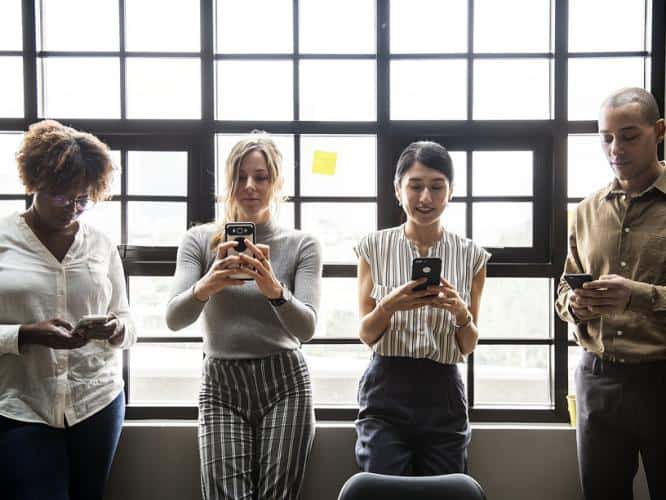
Be Sensitive to Others:
During your social media detox, do not forget to inform your family, friends, colleagues and social media followers about the same. You should do this only if you feel the need to give explanation. People who are hooked on to you for social media interactions may assume that you are avoiding them or get worried by your absence. Mostly if you tell others about detox – you could avoid any misunderstandings of any sort. As a result, you avoid unnecessary probing by others asking your whereabouts.
Constant Self-Reminder is the key:
This is a very important step in the process of social media detox. Taking out time is the sole reason why you are cleansing yourself of social media addiction. Keep reminding yourself of the objective of the exercise. Remind yourself of your wish to spend more time on a particular work project and need for concentration.
Perhaps you are tired and you need to breathe in more fresh air and pursue a healthy regime. Therefore, be clear with your reason for a detox – so that you do not get deterred from your goals.
Stop bothering too much about what others may think or feel – you don’t owe anyone any explanation!
2. Distractions act like medicine
Engagement of Social Media becomes even more difficult because it releases oxytocin – called the “Cuddle Chemical” of the brain. The chemical can rise to 13 % – a rise equal to the rise you get when you are in love or are getting married.
This is the hardest part of the social media detox process. There will be days when you will be tempted to take one look at your Instagram or Facebook account. But, you need to keep your grounds and willpower strong.
For a balanced life and your brain’s and body’s overall development pursue other activities non-related to Social Media:
- Go out for a movie with friends and family or even by yourself.
- Read a book that you have been avoiding for so long.
- Take up a new hobby or practice the hobby you used to love doing at one point in time.
- Spend time writing about how you feel every day in a journal. Keep a mood tracker to know if the detox is helping you.
- Go for walks and spend more time outdoors and among nature.
- De-clutter to de-stress and feel satisfied by rejuvenating energy in your work and home space.
- Pay attention to your body – pamper it with parlor or spa sessions, exercise or do yoga.
Proven Ways on – How to Overcome Procrastination
“Today, spend a little time cultivating relationships offline. Never forget that everybody isn’t on social media.” ― Germany Kent
3. Look for Alternate Mind Stimulation
Dopamine is known to be the “pleasure chemical” of the brain. It is also a chemical that creates “want”. The more you navigate on Social Media the more it surges dopamine. Interestingly, Dopamine stimulates when there is unpredictability. It happens through cues of rewards (likes or thumbs up notifications) or little bits of information – both present in Social Media Apps. Thus it becomes harder for you to resist the activity of social networking.
For you, social media might be the only way to keep in touch with your friends. Instead, call them up to ask how they are doing. Because sometimes, social media does not show you the true reality of everyone. People post only happy pictures and videos. Nobody knows what is going on behind the camera. Thus, plan to meet out for a cup of coffee or have lunch together. Increase face to face interaction than only digital relationships.
4. Explore Other Social Interactions
UCLA published a research paper in 2015 showing evidence – that human brain tends to start focusing on other people when it is not actively engaged. It tries to “see the world through a social lens.” It is called the “mentalizing process.” In neuroscience the “dorsomedial prefrontal cortex” of the brain engages social interaction, makes judgement and creates empathy for others. Therefore, any activity as long as it engages this part of the brain becomes extremely important. It is this very part of the brain that is kept engaged by the social media sites to use them compulsively.
Social Interactions:
Social Media makes you interact with people virtually. Think if interacting with people virtually can be so stimulating for the brain. How wonderful it would be to meet people live and to build new relationships face to face.
Try smiling and exchanging notes with the lady staff who you see every day at the tube station at 8.00 AM. Notice how she will start looking forward to you walking in the Tube station every day expecting you to smile. You will feel your home vibrate with happy vibes leftover by the sound of laughter and fun, much after you threw a surprise party for your close friend as he bags a new job abroad. Hold a movie night with friends and tell them to bring their friends and food along. You will experience the joy of meeting new people and tasting new food, exchanging recipes.

Be Grateful and Laugh out Aloud – Both are Contagious
Be grateful for the family, colleagues, friends you have, who are constantly there for you especially during your ups and lows. Teach yourself self-love and prepare to go on a journey of loving yourself. Moreover, abstain from all harsh comments or fake realities on social media.
Also, be grateful for the things social media has taught you, it can’t be all bad, right?
How is Gratitude Life Changing – The Science Behind
Bottom Line
Social media can be a form of entertainment and also a false reality. There is a good and bad side to social media. However, people are selective and allow only what they want others to see through Social media. We tend to post mostly happy pictures and show the world that we have a good and filtered life when that is not the case for most of us. We fall into the trap of social media addiction and feel emotions of despair and depression, why? Because we compare our lives to those of others.
On the other hand, social media can have a positive outlook to an extent when used it constructively an in moderation. It can rally up a movement and spread awareness about something more positive and uplifting. However, if you think social media addiction is real, then it is time to take that break, to engage in that detox.
Have you ever tried social media detox? What steps do you take to control social media addiction? What are your thoughts on social media addiction?
Share with us in the comments below!
Related Articles:
How to Prepare Green Tea for Healthy Skin and Hair
Is Laughter Infectious or Contagious?
Advice for Parents of University Students Leaving Home
How do you know what you feel is Selfish or Self-Love
What is Intuition – Scientists reveal if it is Really a MYTH
http://wordpress-334546-1028402.cloudwaysapps.com/usain-bolt-sports-quotes-success-wellnessworks/
http://wordpress-334546-1028402.cloudwaysapps.com/mindulness-in-speech-speaking-the-truth-wellnessworks/
References:
- https://www.medpagetoday.com/psychiatry/addictions/75194
- https://www.lifewire.com/what-is-social-networking-addiction-2655246
- https://hbr.org/2018/10/i-ran-4-experiments-to-break-my-social-media-addiction-heres-what-worked
- https://www.washingtonpost.com/news/theworldpost/wp/2018/04/25/social-media-addiction/?noredirect=on
- https://www.huffpost.com/entry/biological-psychological-reasons-for-social-media_b_58c279a7e4b0c3276fb78388
- https://www.lifehack.org/483829/9-positive-benefits-of-a-social-media-detox
